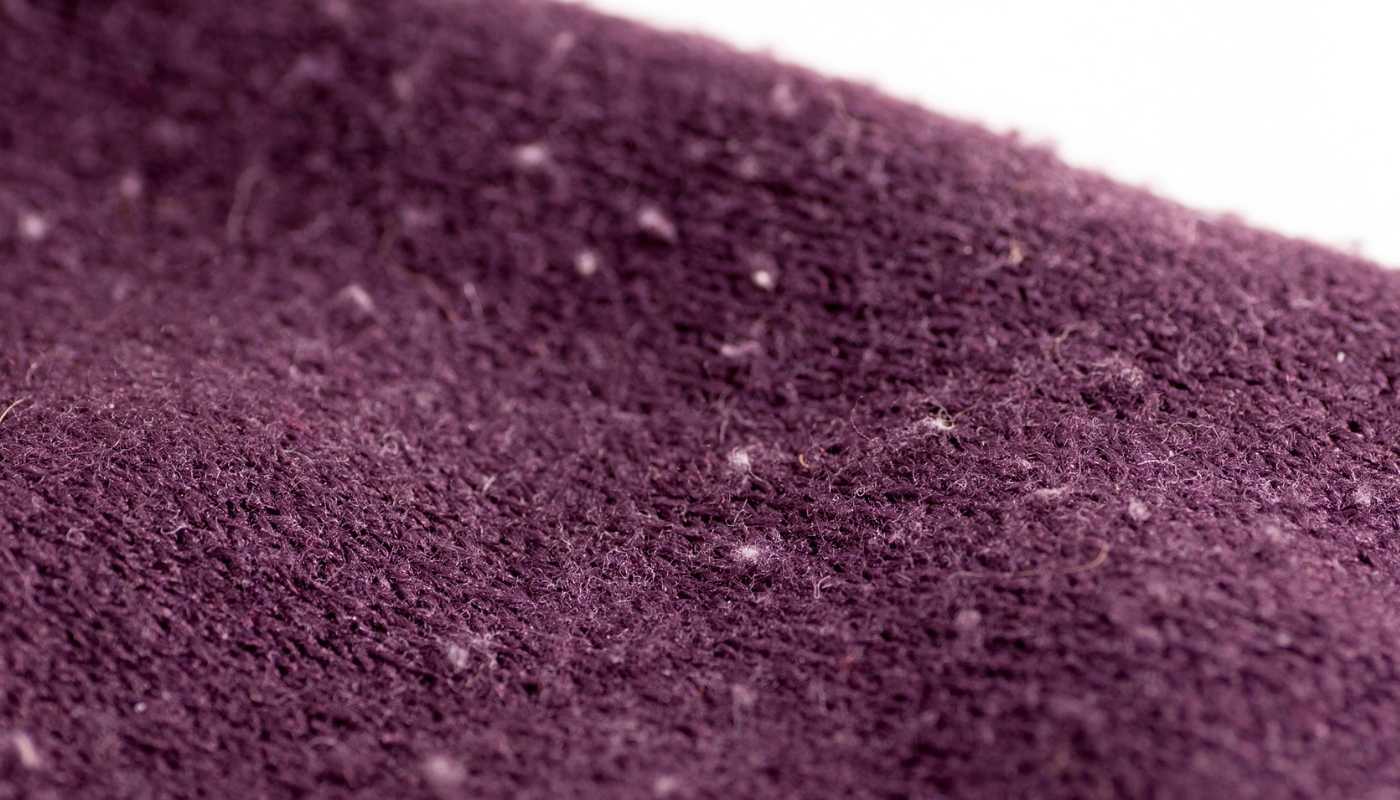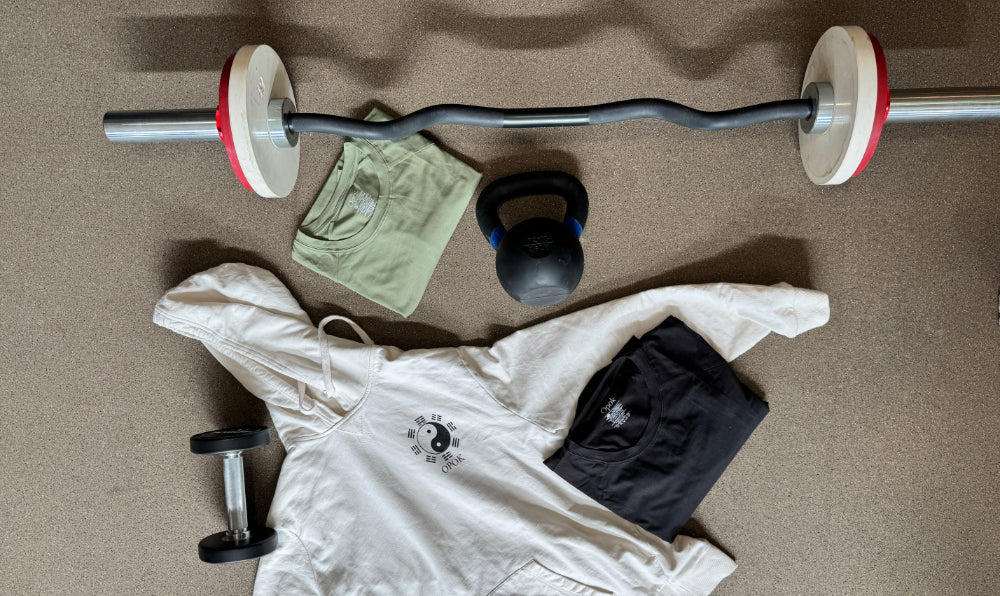The fabrics you choose to wear matter more than you might think. While polyester dominates the clothing industry as a cost-effective and versatile material, organic cotton offers a healthier, more sustainable alternative. But is there really a difference between these fabrics? The short answer is a resounding yes. From the environmental impact to the health risks associated with polyester, understanding the key distinctions can help you make better choices for your wardrobe and your well-being.
Polyester: The Toxic Truth
Polyester is a synthetic fabric made from petroleum-based polymers, specifically polyethylene terephthalate (PET). While it has advantages like durability and wrinkle resistance, it comes with a slew of drawbacks that make it far from ideal, especially for clothing worn close to the skin.
1. Toxic Chemicals
Polyester is created through a chemical-intensive process. Key ingredients include antimony, a carcinogenic heavy metal used as a catalyst, and other chemicals like phthalates and formaldehyde, which are endocrine disruptors. When polyester garments are worn, these chemicals can leach into your skin, especially under conditions of heat and moisture, such as during exercise or warm weather.
Over time, exposure to these toxins has been linked to skin irritation, respiratory issues, and even long-term health problems like hormonal imbalances.
2. Lack of Breathability
Polyester traps heat and moisture against the skin, making it a poor choice for clothing that needs to be breathable. This creates an environment where bacteria and fungi can thrive, leading to discomfort, odors, and potential skin infections.
3. Environmental Impact
Polyester’s environmental footprint is staggering. As a petroleum-based product, it contributes to fossil fuel consumption and greenhouse gas emissions during production. Additionally, polyester fabrics shed microplastics with every wash. These tiny particles enter waterways and oceans, posing a significant threat to marine ecosystems and human health.
4. Durability Issues
While polyester is known for being long-lasting, it isn’t immune to wear and tear. Over time, the fabric pills, meaning small balls of tangled fibers form on its surface. This not only affects the garment’s appearance but also sheds additional microplastics into the environment.
Organic Cotton: A Breath of Fresh Air
In contrast, organic cotton stands out as a sustainable, skin-friendly fabric that prioritizes both human health and environmental well-being.
1. Chemical-Free and Skin-Safe
Organic cotton is grown without the use of synthetic pesticides, fertilizers, or GMOs. The fabric is processed without toxic chemicals, making it safer for your skin. Unlike polyester, organic cotton does not release harmful substances when in contact with heat or sweat, making it an ideal choice for intimate garments like boxers or T-shirts.
2. Breathable and Comfortable
One of organic cotton’s biggest advantages is its breathability. The natural fibers allow air to circulate, wicking moisture away from the skin and keeping you cool and dry. This feature is especially important for clothing that comes into direct contact with your body, reducing the risk of irritation and discomfort.
3. Sustainable and Biodegradable
Organic cotton is a renewable resource that decomposes naturally, unlike polyester, which takes hundreds of years to break down. Additionally, organic farming practices use less water and avoid polluting chemicals, making it a far more sustainable choice for the planet.
Why Opok Is a Game Changer
Opok is redefining the men's clothing industry by focusing on high-quality, organic cotton garments that prioritize health, comfort, and sustainability. Here’s why Opok stands out:
1. Commitment to Non-Toxic Materials
At Opok, we believe that what you put on your body matters. Our boxers and other garments are made from GOTS-certified organic cotton, ensuring no harmful chemicals touch your skin. This is especially important for undergarments, as they are in constant contact with your most sensitive areas.
2. Unparalleled Comfort
Our organic cotton boxers are designed to offer unmatched softness and breathability. Unlike polyester, which traps heat and moisture, Opok products keep you cool and comfortable all day long.
3. Durability Without Compromise
While polyester is often praised for its durability, its tendency to pill and degrade over time can be a downside. Opok’s organic cotton garments are crafted to withstand the test of time without sacrificing comfort or sustainability.
4. Sustainability as a Core Value
Every choice we make at Opok considers the environmental impact. From sourcing organic cotton to reducing waste in production, we are committed to creating clothing that is better for the planet. By choosing Opok, you’re making a statement about the importance of sustainable, eco-friendly fashion.
Why the Choice Matters
The debate between organic cotton and polyester isn’t just about comfort or durability—it’s about your health, the environment, and the future of the clothing industry. By choosing organic cotton, you’re not only protecting your skin from harmful chemicals but also supporting sustainable practices that reduce environmental harm.
Opok’s commitment to organic, toxin-free clothing represents a step forward in men’s fashion. We’re not just creating garments; we’re creating a movement toward safer, healthier, and more sustainable choices.
So, is there a difference between organic cotton and polyester? Absolutely. And it’s a difference that matters more than ever in today’s world.
Ready to make the switch? Explore Opok’s collection of organic cotton boxers and experience the comfort, safety, and sustainability that set us apart.




Leave a comment
This site is protected by hCaptcha and the hCaptcha Privacy Policy and Terms of Service apply.